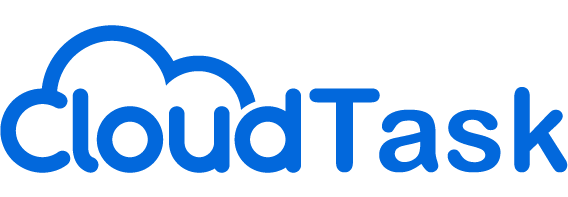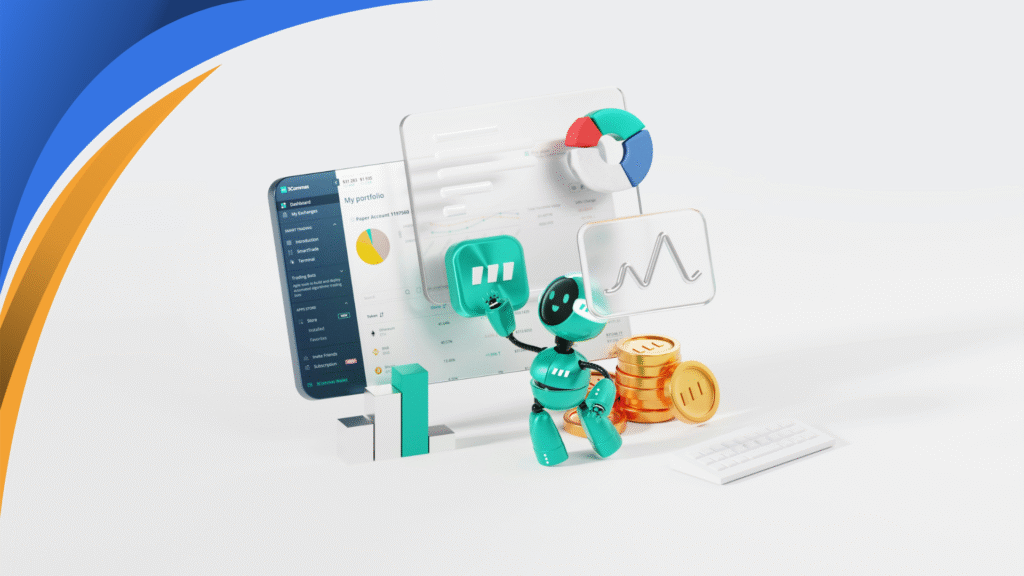In this episode of the Transform Sales Podcast: Sales Software Review Series, Amir Reiter, CEO at cloudTask, and Daniel Duran, Head of Marketing of Capsule CRM, talked about how SMB’s can use Capsule CRM to CRM inefficiency.
Daniel Duran, Head of Marketing at Capsule CRM, discussed with CloudTask, how small business owners can use Capsule CRM to address the challenges of managing customer relationships and optimizing their sales processes. This software offers an intuitive, cost-effective solution designed specifically for small teams seeking to streamline their operations and drive growth.
When it comes to CRM Setup, what alternatives were customers using before Capsule CRM?
Before adopting Capsule CRM, small businesses commonly relied on alternative tools that were more basic but accessible, including:
- Salesforce and HubSpot: As these platforms have evolved, they have moved into the enterprise space, becoming more complex and expensive. While they offer powerful features, many small businesses find them overwhelming due to their high costs and complex setup, which can often take months to fully implement.
- Spreadsheets: Many small businesses relied on spreadsheets like Microsoft Excel or Google Sheets to organize customer data. These tools were seen as cost-effective, but they lacked automation and integration, making it difficult to manage and track sales and relationships efficiently.
- Email Clients: Platforms like Gmail or Outlook were often used informally as CRM systems. Business owners tracked communications manually and organized customer interactions, but these tools did not provide the structured data and automation needed to scale.
- Generic Task Management Tools: Tools like Trello or Asana, though designed for project management, were often repurposed by small businesses to manage customer relationships and sales pipelines. However, these platforms lacked the specialized features needed for CRM, such as contact management, sales automation, and reporting.
In contrast, Capsule CRM provides a simple, user-friendly solution that combines the functionality of enterprise-level CRM tools like Salesforce and HubSpot but at a more affordable price point, allowing small businesses to grow without the complexity and high costs associated with those platforms.
What challenges were your customers running into those alternatives that your software helped them overcome?
Small business owners often face significant obstacles when relying on these traditional methods to manage their customer relationships, such as:
- Limited Scalability With Spreadsheets: As businesses grow, spreadsheets become unwieldy. Tracking hundreds of leads, following up with customers, and managing sales pipelines is labor-intensive and prone to human error.
- Impact: Errors in data entry and retrieval lead to missed opportunities, and the manual nature of spreadsheets hampers productivity.
- Inefficient Communication Using Email Clients: Relying solely on email for CRM lacks centralization. Email clients do not offer visibility into the sales pipeline or the ability to track customer interactions holistically.
- Impact: Customer data remains fragmented, making it difficult for teams to stay aligned or track progress on key opportunities.
- Misfit of Generic Task Management Tools: Tools like Trello or Asana aren’t designed for CRM. While they allow for basic tracking, they lack CRM-specific functionalities such as sales forecasting, reporting, or customer segmentation.
Impact: Businesses spend excessive time adapting these tools to their needs, only to face limitations that hinder effective customer relationship management.
- Limited Scalability With Spreadsheets: As businesses grow, spreadsheets become unwieldy. Tracking hundreds of leads, following up with customers, and managing sales pipelines is labor-intensive and prone to human error.
What are the key features of Capsule CRM that help overcome CRM setup challenges?
Capsule CRM is designed with small businesses in mind, offering targeted features that directly address the shortcomings of traditional tools. The key features of Capsule CRM that help overcome CRM setup challenges are:
- Unified customer view: It consolidates all client information in one view, helping teams understand the client’s status, plan engagements, and deliver a better customer experience.
- Controlled to-do list: It efficiently organizes and manages tasks, allowing manual task assignments or setting up automations to delegate tasks, which enhances workflow and productivity.
- Sales pipeline management: It helps control the sales pipeline, allowing for more accurate forecasting and understanding of deal statuses in a single dashboard, which accelerates closing deals.
- Collaboration and delivery management: It enables easy collaboration between teams and tracking of customer commitments, ensuring deliveries are on time and within scope.
Actionable insights at your fingertips: It provides insights on deals close to closing, allowing proactive actions. It also offers business growth analysis and identifies customers needing support, all within one dashboard.
What tasks, deliverables, and/or people need to be involved in setting up your software for this CRM setup and how long does it typically take to reach full productivity?
Implementing Capsule CRM is designed to be a seamless experience. Here’s how businesses can ensure a smooth setup and maximize the software’s potential:
Preparation and Integration
- Processes and Assets: Before adopting Capsule CRM, businesses should organize their existing data and define clear sales processes.
- Integration: Capsule CRM supports integrations with different tools ensuring compatibility with existing workflows.
The typical 12-month cost for a Capsule CRM license ranges from $18 to $72 per user, depending on the plan. Additional fees may apply for integrations or custom development.
What KPI should SMB’s use to evaluate their success with your software for CRM setup, and what quantifiable outcomes can they expect?
To measure the ROI of Capsule CRM, businesses should track KPIs such as:
- Sales Growth: Evaluate revenue increases and improved conversion rates.
- Time Savings: Measure reductions in time spent on manual tasks like data entry.
- Customer Retention: Track repeat business and customer satisfaction metrics.
Users of Capsule CRM often report a 30% improvement in sales efficiency within the first year, showcasing the platform’s tangible impact on business performance.
Conclusion
Capsule CRM stands out as an ideal solution for small businesses seeking to improve their customer relationship management without the complexity or high costs of traditional CRMs. By addressing common pain points, such as limited scalability, fragmented communication, and inefficient tools. Capsule CRM empowers small businesses to focus on growth and success.











